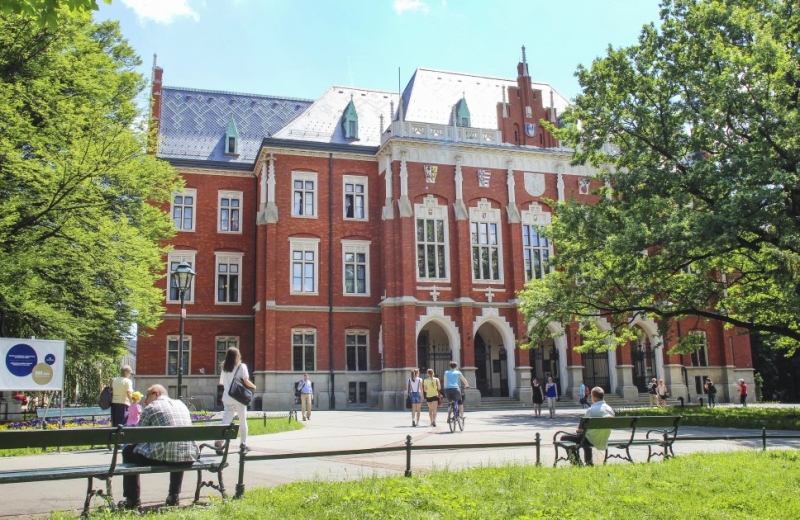
For students who want to study abroad, tuition costs can be very high. Grants and scholarships provided by universities themselves, the government or charitable foundations can significantly reduce these costs. Where to look for them and how to get them, we tell you in more detail in the material. May 11, 2024 AUTHOR: Anna Galchenko 0 7 min
Friends, we remind you that we have a super handy iOS app that is available in the App Store
Download, try and leave your feedback!

Anna Galchenko insta web Editor-in-chief of tripmydream
Who can get a grant for training?
First of all, to enroll in a university abroad, you need to evaluate yourself according to the following criteria:
- knowledge of the language of the country where you want to enroll;
- academic result;
- achievements or scientific work on specialization;
- persuasiveness of your goal to study with a scholarship.
Most colleges and universities offer scholarships to their students. The scholarship covers from 50 to 100% of the tuition fee, payments for housing, meals, and educational materials. There are also fixed amounts, for example, you are paid money for a year in advance and you can dispose of them as you want.
There are also scholarships from various organizations. They are singled out by companies interested in hiring talented young professionals. To do this, they sponsor their training and subsequently invite them to work. Information can be found on Outside Scholarships.

© depositphotos Photo by agneskantaruk
It is important to understand that such funding programs are not just for geniuses. You need to stand out from the candidates so that foundations, the state, and universities are interested in paying for you.
In addition to all this, the chances of receiving a scholarship increase if you:
- speak another foreign language (except the country where you study and your native one);
- study well and participate in competitions, Olympiads;
- write a term paper or thesis on any relevant scientific activity;
- write a motivation letter in which you tell, for example, how you are going to improve the world and the lives of people in your native country;
- you play sports, have achievements, medals and you are ready to represent your future university at competitions;
- have work experience in your specialty: internship, volunteer work, or a commercial project based on an idea.
